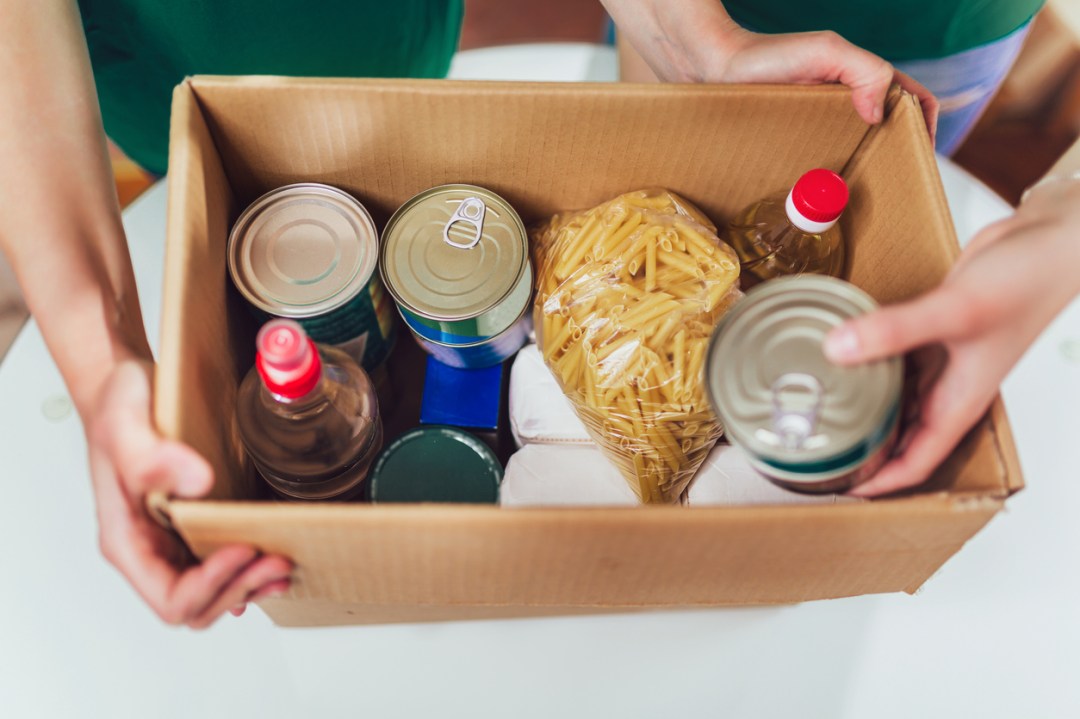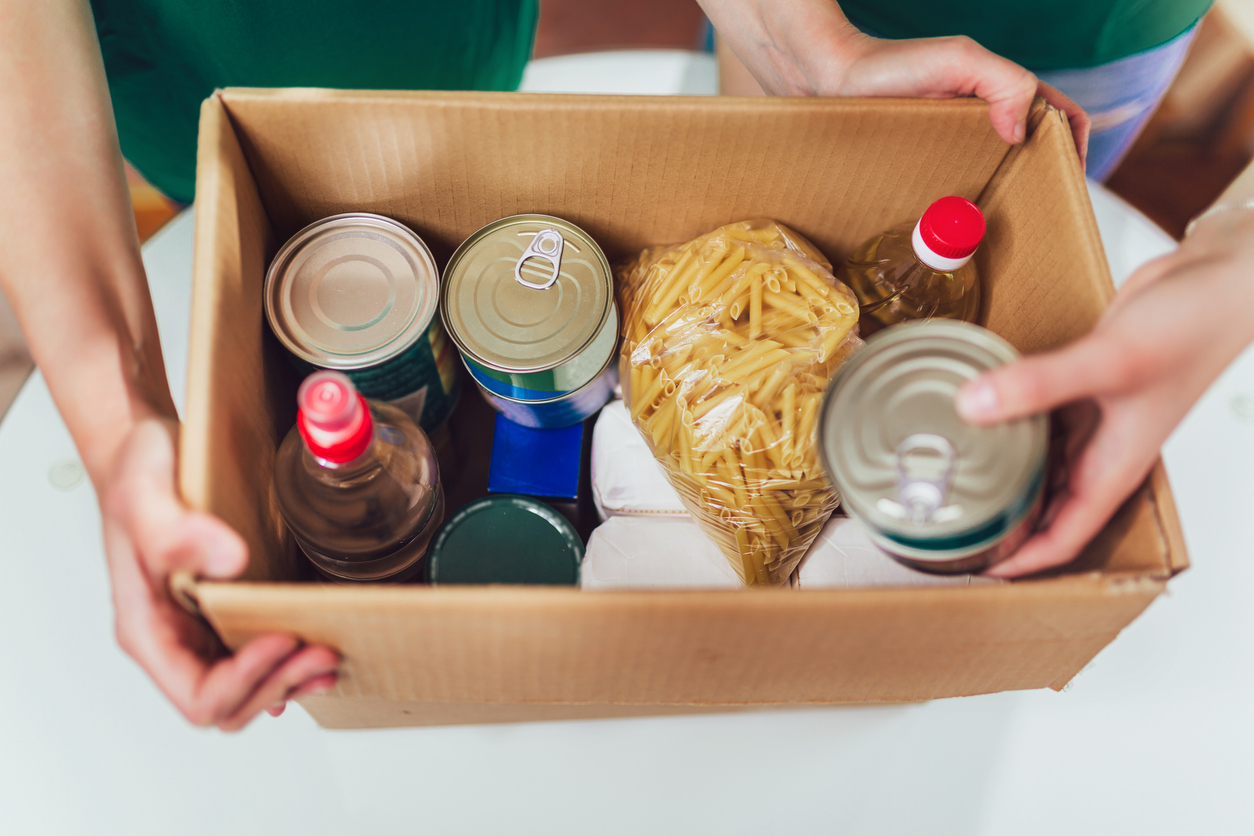My childhood in 1980s West Yorkshire wasn’t a clichéd mash-up of a Hovis commercial and Kes. For most of my youth we had an indoor toilet, for instance, and though we lived in a cramped terraced house it wasn’t a back-to-back – which meant we could hang our washing in the back alley rather than out front. I did conform to stereotype in one sense, though: until the age of 14 I was on free school meals. I still remember how at my comprehensive school we had to line up separately on one side of the corridor. Unfairly, our dinner tickets had a special mark so that unlike the ‘other half’ we couldn’t flog them for the price of a chip butty. Presumably, the thinking was that we might not get a nutritious meal at home, which might have been the case for some kids, but not for me.
What’s astonishing almost 40 years later is not that campaigners such as the admirable Marcus Rashford still need to explain what it’s like to be poor – but that so many, mostly in the Conservative party, still seem unable to grasp that for whatever reasons, some young people still go hungry.
Blame feckless, absent fathers if you like, but anyone who believes a single mum bringing up kids on benefits has enough money to eat well is at best unimaginative and at worst uncaring. And though it was probably wrong for Labour’s Angela Rayner to shout ‘scum!’ at Conservative MP Chris Clarkson last week, there will now be a lot of people along the Red Wall who would consider the apparently vengeful vote against the provision of free meals to deprived children as exactly that: the actions of the nasty party.
As with so many issues at the moment, the debate over free meals has become over-heated and under-illuminated, with both sides entrenched within their ideological prisons. Yet again – as with Brexit, the pandemic, Trump-Biden and BLM – we are expected to pick a side and stick with it, wilfully ignoring anything that challenges our simplistic worldview. Except life is rarely so cut and dried. Some poor families do fritter their money away; some are genuine saints and angels. Some Tories do consider the poor scum; and some working-class people, in particular in the North, do still consider all Tories to be scum.
Hopefully, I have grown more sophisticated in my thinking over the decades. Partly this resulted from living in London, where I witnessed deprivation far greater than anything I experienced back home. Partly it has been a result of my own gear-change up through the social classes. Mostly, though, it has been as a result of mixing with people from every conceivable background and political affiliation and discovering that most – regardless of their proud political stripe – genuinely want to make the world a better place.
Which is why it’s so depressing that we appear to be more interested in dismissing the views and policies of our ‘enemies’ than wondering how to work alongside them. This reductive, holier-than-thou attitude is not only childish, it’s also counter-productive. The louder voices are raised, the deeper we bury our heads in the sand emerging only to take pot-shots at the other side, the longer children will experience the dreadful sensation of hunger. Surely, as caring, empathetic people, living in one of the richest, safest societies the world has ever known, we can at least come together to combat that?







Comments